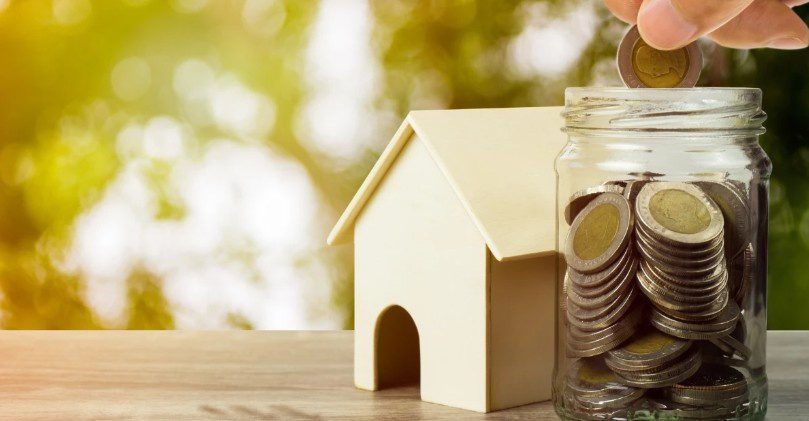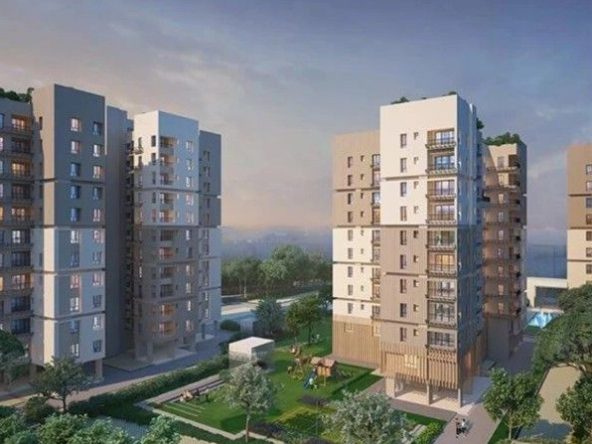Real estate is the easiest and most hassle-free investment strategy if you have always dreamt of buying your own house. It is no longer believed that one needs to get well settled to buy a house.
You can make a big investment in your life in your 30s itself. And, it is an asset and also acts as additional income. But, before you buy property, the first question you should ask yourself is – Are you ready to buy a house?
There are certain aspects that you need to revise before getting a house. You don’t need to wait till you turn 40 to buy your house. All you have to do is learn the skill to analyze affordability and consider this range of factors before investing.
1. Decide the type of house
Perform complete research. What are you exactly looking for? Whether it is 2 BHK or 3BHK or on the city’s outskirts. Understand your lifestyle requirement, and based on that, you need to evaluate your long term decisions. Because that would help to plan better.
2. Calculate your Debt-to-Income Ratio (DTI)
It is essential as it will help you understand how much mortgage you can afford. The most standard ratio is 43%. This means that you are in a condition to pay your debt regularly. So, if you have steady earnings, you are ready to buy property.
3. Impact of the down payment on your finance
To eliminate the burden, you must always put down 20% of the home price. So, buying a house requires long-term planning, and you wouldn’t want to risk the cash down. You must calculate whether the down payment includes your emergency savings.
4. Verify the housing market
If you have all your finances under control, you should understand the housing market economics in your locality or where you plan to move out. Go through the current market carefully to understand the property value. Don’t forget to calculate the routine maintenance. Ask –
- When will the property value increase?
- What should be the interest on the mortgage loan?
- Do you need to include additional expenditures on the upgrades?
5. Monitor the real estate prices
Two years back, there was a dip in the real estate market prices, but they are quite high this year. Low prices would make a good deal for you, so go through the market carefully and understand when the prices will dip again. Because you cannot settle for anything less.
6. Always verify the interest rate
This will help to calculate the extent of a monthly mortgage payment. There are times of the year when interest rates are high, and other times it is pretty low. Try to grab a loan at a low-interest rate. So, do not hurry but keep doing research and wait for the right time to buy a house.
7. Time of the year
Seasons play a crucial role in influencing the finances. People are more inquisitive about buying a house during the winter, marking the rest of the year as an off-season in real estate. The prices might be lesser at this time of the year, but you will have a limited choice.
8. Compare the home loans
Several home loans are available in the market, so you need to shortlist the best that you can pay back. Usually, the fees vary from one bank to another, but you need to carefully understand the charges: the cost of borrowing, the processing charge and the breakdown fee. Always consider the budget and income, and calculate your expenditure accordingly.
Conclusion
Buying a house is a long term commitment which has implications on your finances and future investment. Every purchase is going to be expensive. Looking at the Reserve Bank of India’s report, it is the right time to buy property. There are chances that you might get a cheaper home loan based on the floating rates associated with the bank’s MCLR. So, maintain proper savings and browse through Srijan Realty to buy your dream house.



